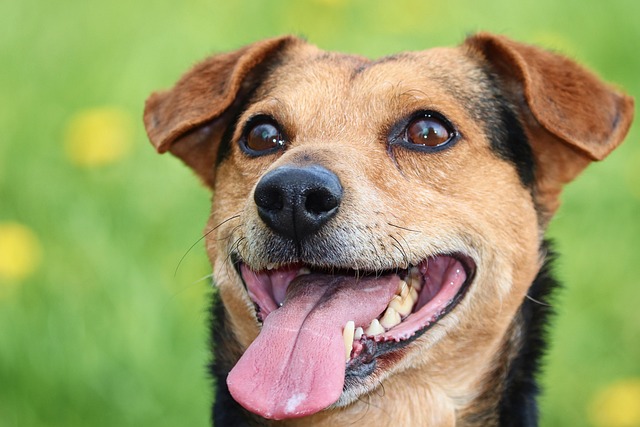
How do you treat itchy skin on dogs
When we see the dog scratching its skin with its paws frequently, rubbing on the ground constantly, and even scratching the skin until it bleeds,
In the warm and cozy home, the sunlight spills gently. Your lovely puppy is comfortably curled up in its own little den, sound asleep. Suddenly, you notice that its small body is trembling slightly, and its limbs twitch gently from time to time. This scene instantly makes your heart leap with worry. Is it normal for a puppy to convulse in its sleep? As an owner who cares deeply about the health of their precious pet, how can you not be worried when seeing such a scene, and you are eager to find out the truth behind it.
From a professional perspective, after a puppy is born, its nervous system is like a building with just a framework, and it still needs a long time to be perfected. During the sleep stage, especially in the rapid eye movement (REM) sleep period, the activity level of the puppy's brain soars, just like when it is awake and curiously exploring the surrounding world. At this time, the brain will send signals to the body frequently. However, the immature nervous system of the puppy is likely to "stumble" when receiving and processing these signals, which in turn causes the body to have slight, uncontrolled convulsions. This is similar to a new and precise machine that may have brief abnormal operations during the initial debugging stage. Many experienced pet owners know that their puppies often have such phenomena during the REM sleep period. As long as the convulsions are mild, brief, and there are no other abnormalities, it mostly belongs to the normal fluctuations during growth, just like a baby's occasional stumbles when learning to walk, which is an inevitable stage.
Moreover, puppies have colorful dreams. Maybe it is chasing colorful butterflies, or perhaps playing happily with imaginary companions. When the dream is vivid and realistic enough, the body will unconsciously respond to the scene in the dream. Think back, when we ourselves are running or jumping in a dream, sometimes our bodies will also twitch slightly. Puppies are the same. Their slight convulsions in their sleep are very likely a result of "acting" in their wonderful dreams. This kind of convulsion caused by a dream has obvious characteristics. It usually shows small movements, such as the small paws moving gently or the body trembling slightly, and then they will fall back into a peaceful sleep without having a negative impact on the puppy's sleep quality and subsequent mental state.
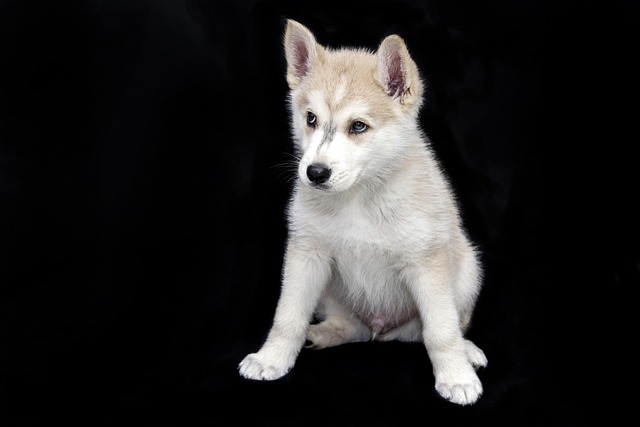 However, not all convulsions of puppies in their sleep are normal. If the convulsions are relatively severe, the puppy's whole body shakes violently, lasts for a long time, and is even accompanied by serious symptoms such as foaming at the mouth and incontinence, then it's time to sound the alarm. This is very likely a sign that the puppy's health is in trouble, and epilepsy may be one of the culprits. Epilepsy, as a stubborn disease of the nervous system, has complex causes. Genetic factors, previous brain injuries, infections, etc. may all trigger it. When a puppy is unfortunately afflicted with epilepsy, every seizure tugs at the owner's heart. Once you notice such severe convulsion symptoms, you must rush to take it to a professional veterinarian for a comprehensive and detailed examination and diagnosis, so as to accurately formulate a treatment plan and relieve the puppy's pain.
However, not all convulsions of puppies in their sleep are normal. If the convulsions are relatively severe, the puppy's whole body shakes violently, lasts for a long time, and is even accompanied by serious symptoms such as foaming at the mouth and incontinence, then it's time to sound the alarm. This is very likely a sign that the puppy's health is in trouble, and epilepsy may be one of the culprits. Epilepsy, as a stubborn disease of the nervous system, has complex causes. Genetic factors, previous brain injuries, infections, etc. may all trigger it. When a puppy is unfortunately afflicted with epilepsy, every seizure tugs at the owner's heart. Once you notice such severe convulsion symptoms, you must rush to take it to a professional veterinarian for a comprehensive and detailed examination and diagnosis, so as to accurately formulate a treatment plan and relieve the puppy's pain.
Hypoglycemia is also a potential factor that can cause puppies to convulse in their sleep. Puppies have a high metabolic rate, especially when their eating patterns have not been established yet. If they don't eat for a long time or their food intake is insufficient, they are very likely to fall into a state of hypoglycemia. Hypoglycemia can disrupt the normal operation of various organs in the body, and the nervous system is the first to be affected. When the blood sugar level is too low, the puppy's body will send out an emergency distress signal, and convulsions are one of the manifestations. Therefore, planning the puppy's diet scientifically, feeding it nutritious and balanced food regularly and in appropriate amounts, is of great significance for maintaining its health. This is like providing a stable and high-quality energy source for a precision instrument to ensure its smooth operation. The owner needs to pay close attention to the puppy's eating situation at all times and not be negligent in the slightest, taking good care of this fragile little life.
In addition, once a puppy is infected with certain viruses or bacteria, which causes inflammation in the brain, it may also show convulsion symptoms in its sleep. Take the canine distemper virus as an example, which is a major threat to the health of puppies. After being infected, in addition to convulsions, it is often accompanied by a series of uncomfortable symptoms such as fever, coughing, vomiting, and diarrhea. Once you suspect that the puppy has suffered such an infection, time is of the essence. You must send it to the veterinarian immediately. With the help of the veterinarian's professional testing methods, you can identify the cause of the disease and carry out targeted treatment to do your best to save the puppy's health.
When we see a puppy convulsing in its sleep, our first instinctive reaction may be to panic, but it is crucial to stay calm at this moment. First, gently stroke the puppy and call it in a gentle voice, and closely observe its reaction. If the convulsions stop quickly, and the puppy wakes up full of energy and can play and eat normally, it is most likely a normal physiological phenomenon or a reaction to a dream, and you can breathe a sigh of relief. On the contrary, if the convulsions continue, or the puppy is accompanied by other abnormalities, such as listlessness and loss of appetite, you must not hesitate to seek professional help from a veterinarian. Do not delay the puppy's condition due to a moment of hesitation.
The phenomenon of a puppy convulsing in its sleep requires us to observe carefully and make rational judgments. Every puppy is a precious treasure in the family, and their healthy growth is closely tied to our hearts. During the growth journey of the puppy, we should always be vigilant, paying attention to its every move as if we are guarding a rare treasure, and using our full love and professional scientific knowledge to protect it from harm. When we see the puppy getting rid of the trouble of illness and jumping around healthily and lively by our side, the sense of satisfaction and joy from the bottom of our hearts is beyond words. Let's accompany the puppy throughout the whole process, cherish every moment, and help them grow up healthily and happily into happy and strong dogs, jointly composing a beautiful chapter of companionship.

When we see the dog scratching its skin with its paws frequently, rubbing on the ground constantly, and even scratching the skin until it bleeds,
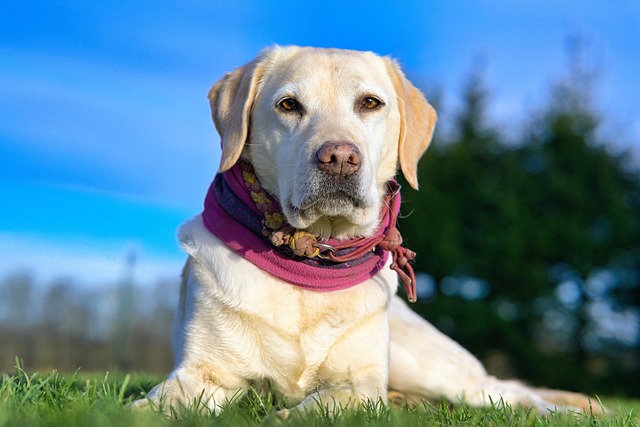
During the days spent with Rottweilers, their strong and sturdy bodies and loyal gazes always bring a great sense of security to their owners.
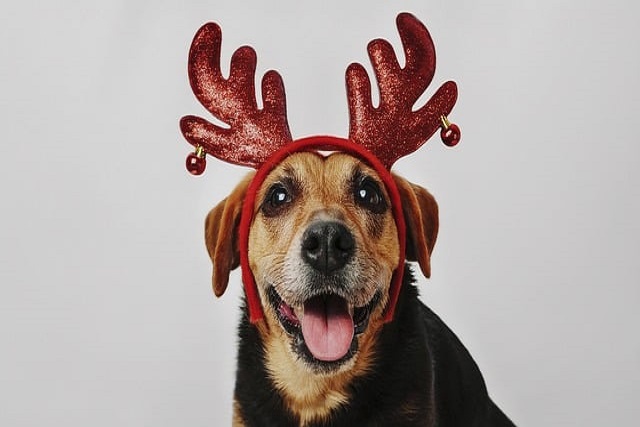
When we carefully select dog food for our dogs, full of the hope that they will eat healthily and thrive, we may not realize that certain ingredients
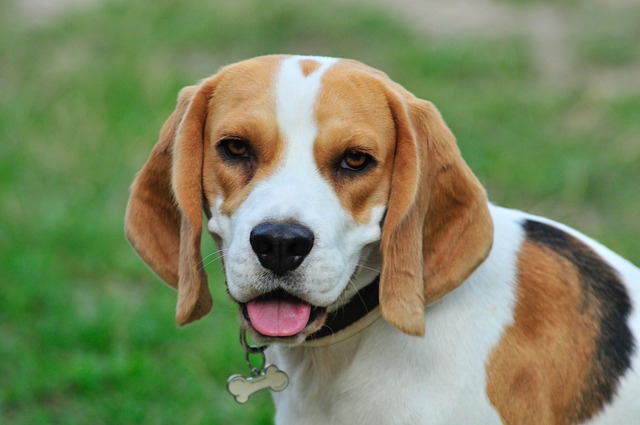
Dog shedding is a familiar and troublesome daily scene for many pet owners. When faced with dog hair flying around, many owners wonder: "Is it normal for my dog to shed so much hair?"
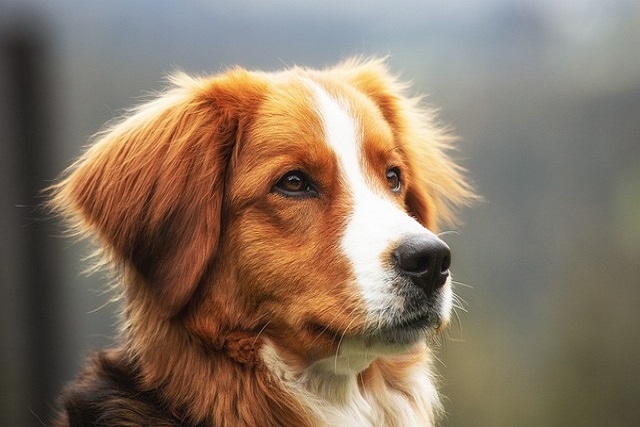
Watching the dog constantly make bowel movements in the corner, with its face blushing but unable to expel feces, its uncomfortable appearance is heart wrenching.
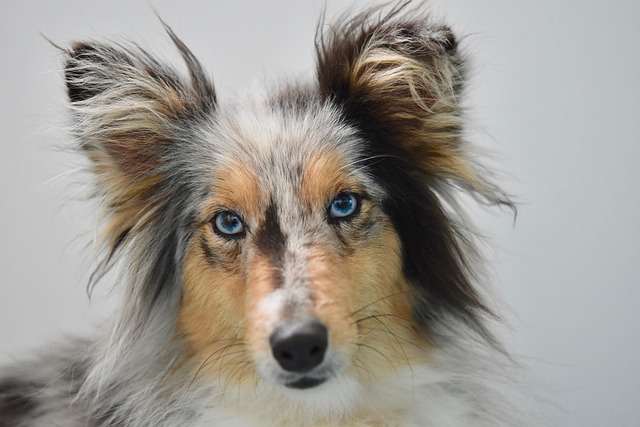
Watching the dog suffering and restless due to constipation, frequently making the defecation posture but having difficulty in defecating,